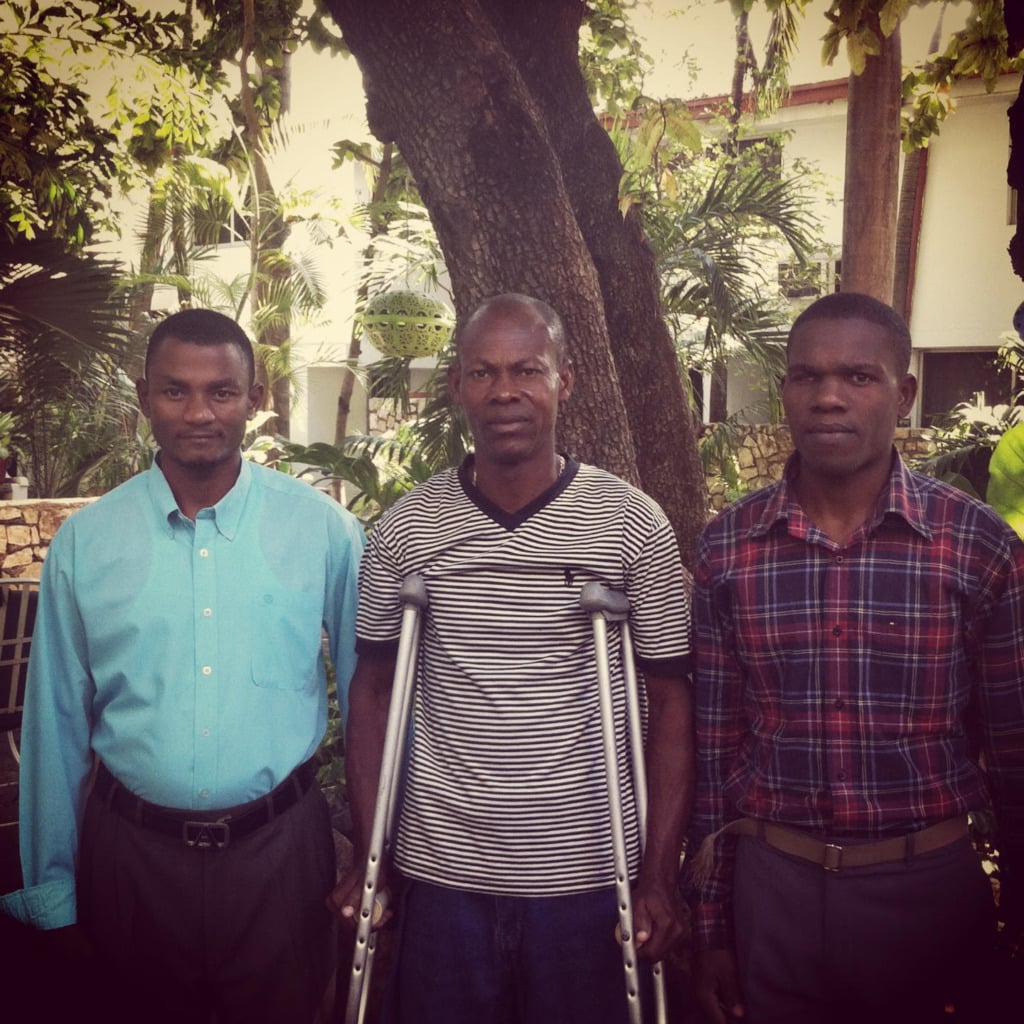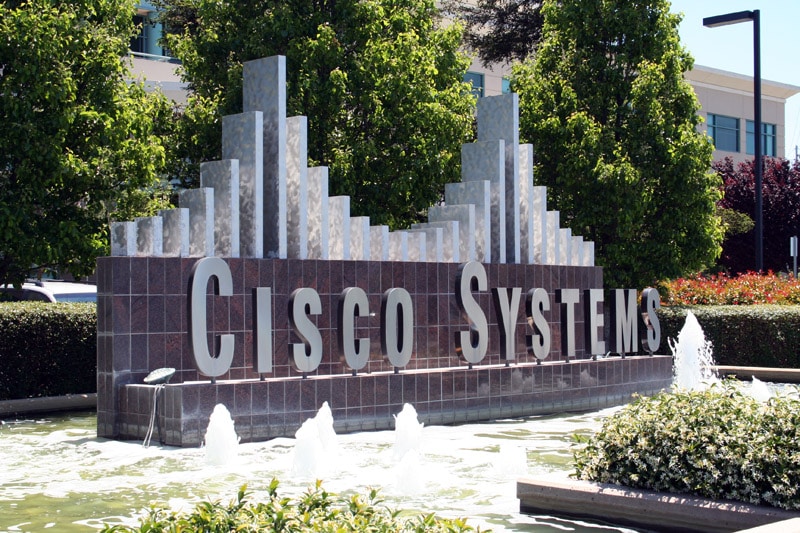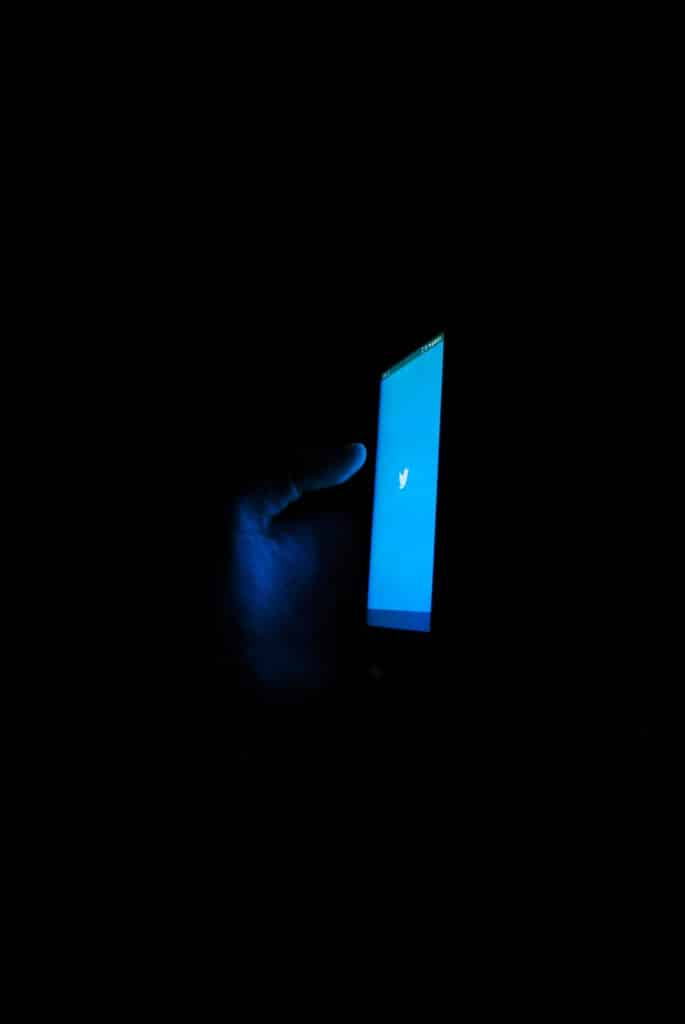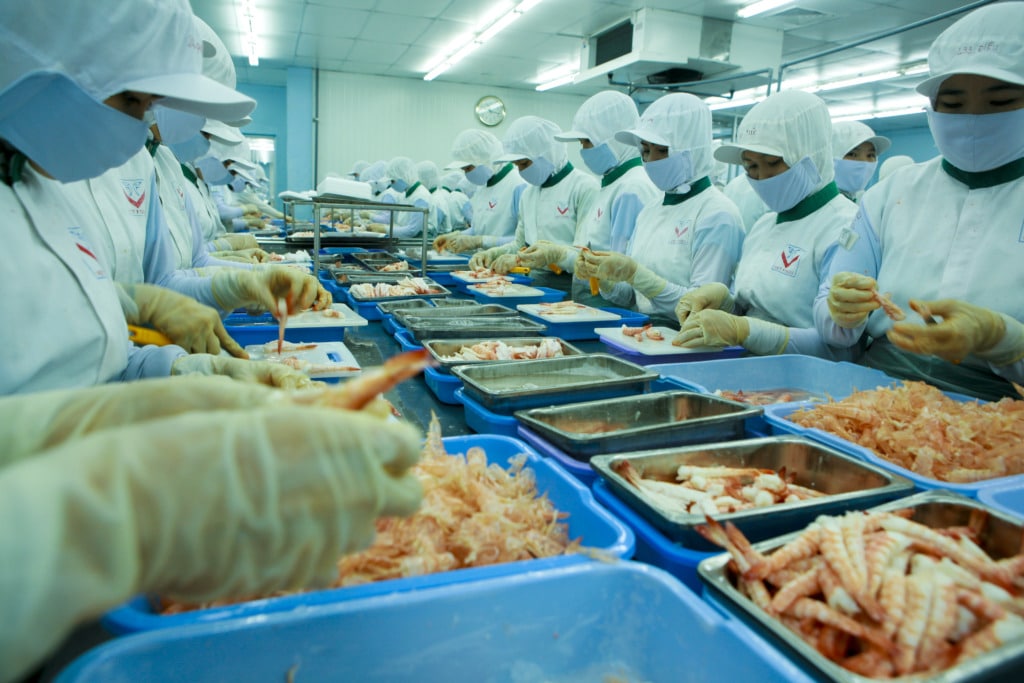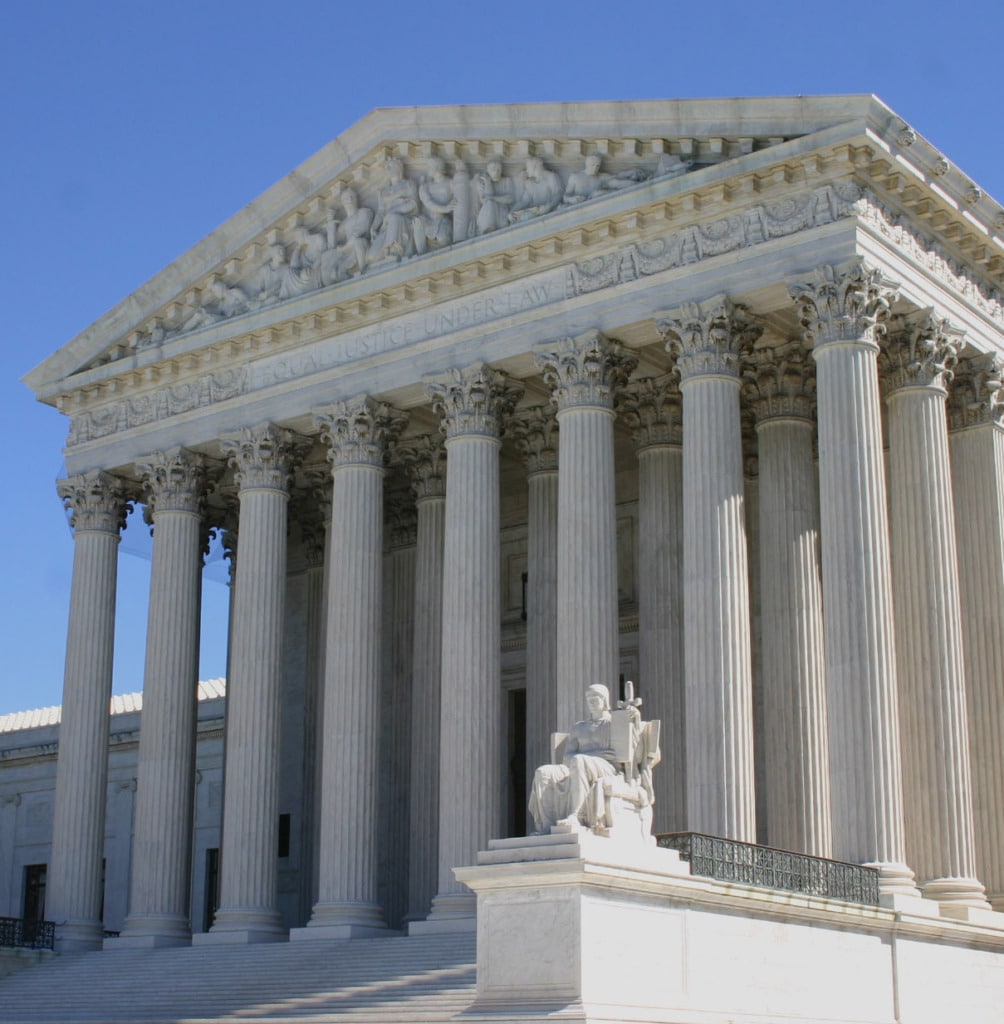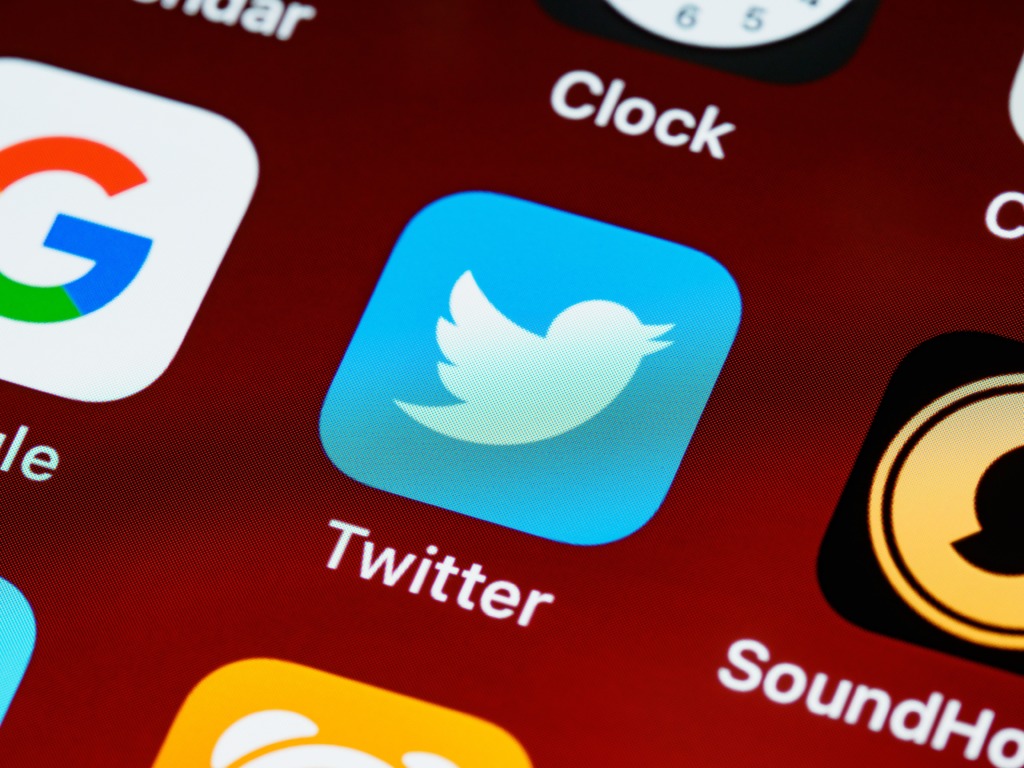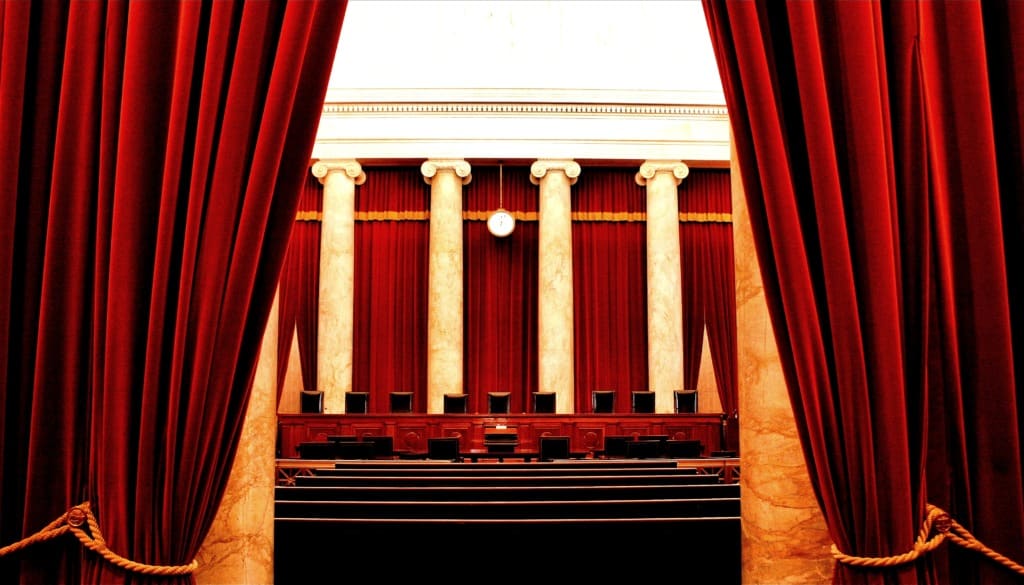First Circuit Remands Constitutionality of the TVPA to District Court
In Boniface v. Viliena, a Massachusetts jury found a former Haitian mayor liable under the Torture Victim Protection Act (TVPA) for extrajudicial killing, attempted extrajudicial killing, and torture, awarding the three plaintiffs $15.5 million in compensatory and punitive damages. On appeal to the First Circuit, the defendant’s principal arguments were (1) that the TVPA does…
Continue ReadingSCOTUS Rules for Gun Manufacturers in Mexico Suit but Denies Blanket Immunity
This article was first published on Just Security. Prior TLB coverage of the case can be found here. On June 5, in Smith & Wesson Brands Inc., et al. v. Estados Unidos Mexicanos, the U.S. Supreme Court unanimously ruled that Mexico’s lawsuit against seven U.S. gun manufacturers and one distributor is barred by the immunity…
Continue ReadingCisco’s Cert Petition
Last Friday, January 31, 2025, Cisco Systems filed a petition for certiorari asking the Supreme Court to review the Ninth Circuit’s decision in Doe v. Cisco Systems, Inc. (2023), a decision holding that claims of aiding and abetting may be brought under the Alien Tort Statute (ATS) and Torture Victim Protection Act (TVPA). As more…
Continue ReadingNinth Circuit Denies Rehearing in Doe v. Cisco Systems
On September 3, 2024, the Ninth Circuit denied rehearing en banc in Doe v. Cisco Systems. The panel had held that Chinese practitioners of Falun Gong could sue Cisco, a U.S. company, for aiding and abetting human rights violations by building a surveillance system for the People’s Republic of China. Judge Patrick Bumatay (joined by…
Continue ReadingAre Social Media Algorithms “Passive Nonfeasance”? What Twitter v. Taamneh Got Wrong
In the recent case of Twitter, Inc. v. Taamneh, the U.S. Supreme Court held that the plaintiffs failed to demonstrate that Facebook, Twitter, and Google knowingly provided assistance to the Islamic State of Iraq and the Levant (ISIS) in connection with its attack on the Reina nightclub in Istanbul, Turkey in 2017. The plaintiffs, family…
Continue ReadingCongress Amends the TVPRA to Correct Ninth Circuit’s Erroneous Ruling in Ratha
Last year, in Ratha v. Phatthana Seafood, the Ninth Circuit held that civil liability under the Trafficking Victims Protection Reauthorization Act (TVPRA) does not extend to those who attempt to benefit from forced labor. After the court denied en banc review, the Human Trafficking Legal Center and other human and workers’ rights organizations asked Congress…
Continue ReadingSupreme Court Roundup (October Term 2022)
During its 2022 Term, which ended four weeks ago, the Supreme Court decided five cases with important implications for transnational litigation. The questions included whether the Foreign Sovereign Immunities Act (FSIA) applies to criminal proceedings; the standard for aiding and abetting under the Anti-Terrorism Act (ATA); whether states may exercise general personal jurisdiction over foreign…
Continue ReadingNinth Circuit Allows Human Rights Claims Against Cisco to Proceed
There may yet be life in the Alien Tort Statute (ATS). The Ninth Circuit recently held, in Doe I v. Cisco Systems, Inc., that Chinese practitioners of Falun Gong could go forward with claims of aiding and abetting human rights violations against Cisco Systems, which designed and built a surveillance system for the People’s Republic…
Continue ReadingSupreme Court Finds Tech Companies Not Liable for Terrorism
Last week, the Supreme Court decided two cases in which plaintiffs alleged that social media companies aided and abetted international terrorism. In the first case, Twitter, Inc. v. Taamneh, the Justices unanimous interpreted the Antiterrorism Act’s (ATA) provision on aiding and abetting to require conscious and culpable participation. Plaintiffs’ allegations that ISIS used defendants’ social…
Continue ReadingSupreme Court Likely to Shield Internet Platforms from Liability for Terrorist Acts
On February 21 and 22, the Supreme Court heard oral arguments in two companion cases regarding the liability of internet platforms for terrorists’ use of their services. Gonzalez v. Google concerns the scope of immunity for internet companies under 47 U.S.C § 230, specifically whether that statutory grant of immunity covers a platform’s automated suggestions…
Continue Reading